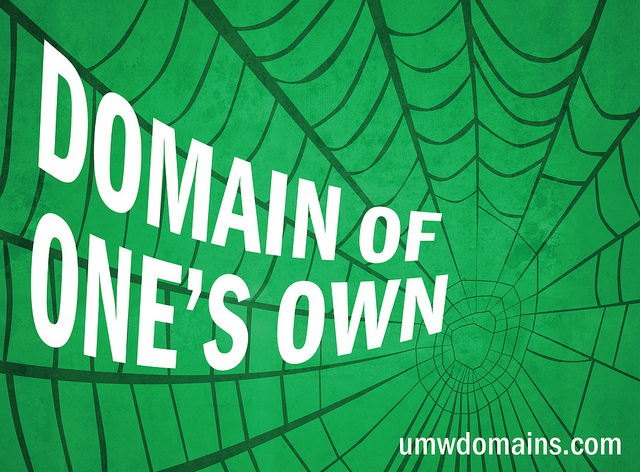imo there's a kind of fetishistic personalization/craftiness argument at play here, and it's not entirely wrong, but it misses the much larger trend, the thing that's really shifting focus. the thing that actually matters, today, is that the cloud let's us retain, persist, share, & interact with both the already present medium, but also in a way that permits us to bring our selves, retain, persist share & interact with the many folk that dwell & pass through. the write up here is interesting, but it still speaks to me of the solitary, lone, solo experience, of me, the author, crafting something niche & creative, & ignores the wider relevance that has taken wing underneath our feat.
the web, once, was reputed as a place of interconnection, of links, between systems. if you want an interesting web, imo, you need to be letting people seed more & interesting interconnectivities across sites. let people play with your web. create intertwingularities, join points, where other experiences, other systems, can see yours, touch yours, manipulate yours. weave a wider web, connect better, allow others more powers to harness yours.
the challenge on this page, to design into interestingness, is a false song, is tale of personal greatness that ignores the interconnected greatness that is the wider world web, and how we can make ourselves resources than can be remixed and recycles and iterated upon freely, elevating our small selves into pieces of the greater ongoing rolling ensemble of our times..


